We’ve all heard of retinol, but do we all know what it really is?
Retinol, along with other retinoids such as retinoic acid and retinyl palmitate, is a derivative of vitamin A. But what does vitamin A do? Good question!
Vitamin A is one of the key nutrients needed for the body’s cell turnover process! So if you need to refresh those cells, vitamin A (and retinoids) is where it’s at.
What does retinol do?
In short: solves a bunch of common skin problems. In long, retinol:
- Promotes skin renewal
- Brightens skin tone
- Reduces acne
- Boosts collagen production
- Resurfaces and smoothes skin texture
- Addresses free radical damage (that leads to aging)
- Targets fine lines and wrinkles
- Reduces spots and sun damage
- Lessens the appearance of large pores
I mean…what’s not to love, right?!
What’s the catch?
Retinol is a mighty strong ingredient! Meaning, if you have sensitive skin, you’ll need to use it with extreme caution. Even if you’re using a non-prescription form or even if you have normal skin, you’ll want to use caution. (Also, if you’re pregnant you should not be using any vitamin A derivatives!)
Since retinol kicks butt at cell turnover, it can be so aggressive that it can cause irritation, redness and excessive dryness to skin. That said, most dermatologists and estheticians recommend incorporating a retinoid product into your routine every 2-3 days and start with very small amounts.
Note: Retinol makes your skin extra sensitive to the sun so you should really only be using it in your night-time routine. And make sure you’re using plenty of sunscreen during the day!
What’s the difference between retinol, retin-A, and retinoids?
Anyone else confused? Okay so the term, “retinoid” is just an all encompassing classification of the different types of vitamin-A derivatives. Retinol and retin-A are both retinoids.
- Retinol is an over-the-counter, easily accessible retinoid.
- Retin-A is a stronger retinoid and available through prescription only.
Retin-A is slightly more effective than retinol at diminishing wrinkles and fighting acne, but it must be used with higher caution and under the supervision of a dermatoligist…hence the prescription!
If you’re looking to use a retinoid to fight your acne, you should talk to a dermatoligist about using retin-A as it is the most effective in the retinoid/acne arena.
How do I know if I should be using retinol?
The old school way recommended incorporating retinoids regularly by the age of 30. Nowadays, people start using them in their mid-twenties! Really, retinol is a great way to get ahead on that anti-aging game before it sets in too deep.
If you’re starting to see early signs of aging, incorporate a retinol now! But if you have sensitive skin and you’re worried about using a retinoid, there are some safer alternatives out there such as bakuchiol (more to come on this in the coming weeks!).
Which retinol products should I try?
When it comes to risky ingredients, we always like to turn to brands we can trust. Here are a few that we always fall back on:
At the end of the day, retinoids are so popular (and have been for so long) because they really freakin’ work. That said, things that work often have to be used with caution! So if you’re new to the retinol game, make sure you incorporate it into your routine slowly! Watch for signs of irritation, but if your skin is a-okay with it, you can totally increase your use!
Do you have any favorite retinoid products? Are there some you’re dying to try? Let us know!
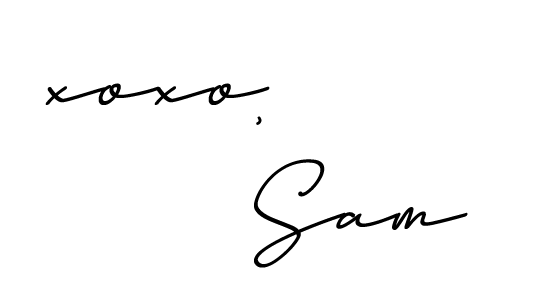


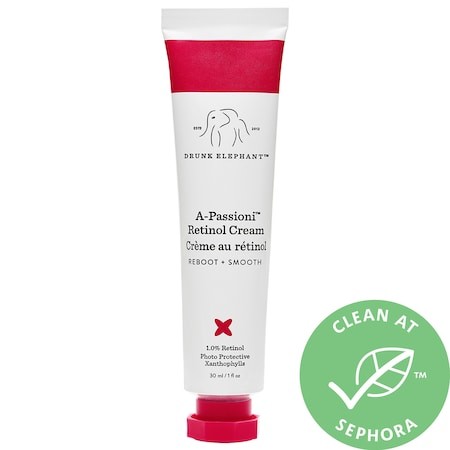
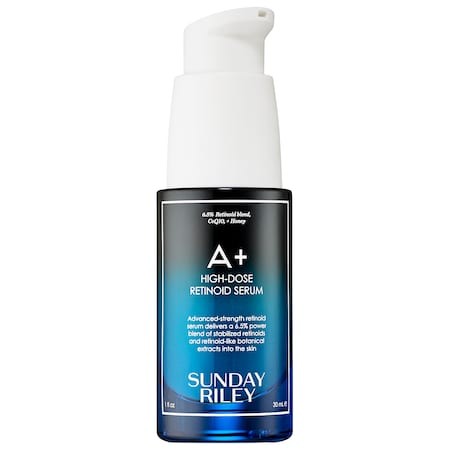
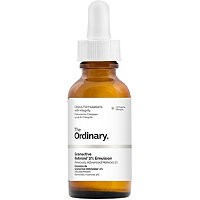

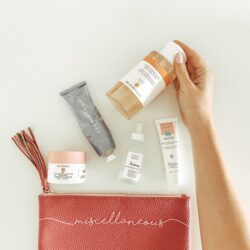


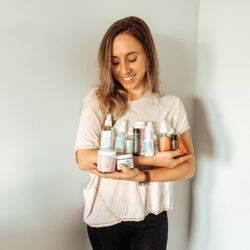
2 comments
[…] of clean beauty, and we’re here to explore why. A few weeks ago, we gave you a breakdown of retinol – the OG anti-aging ingredient known for promoting skin renewal like it’s nobody’s […]
[…] Retinol […]